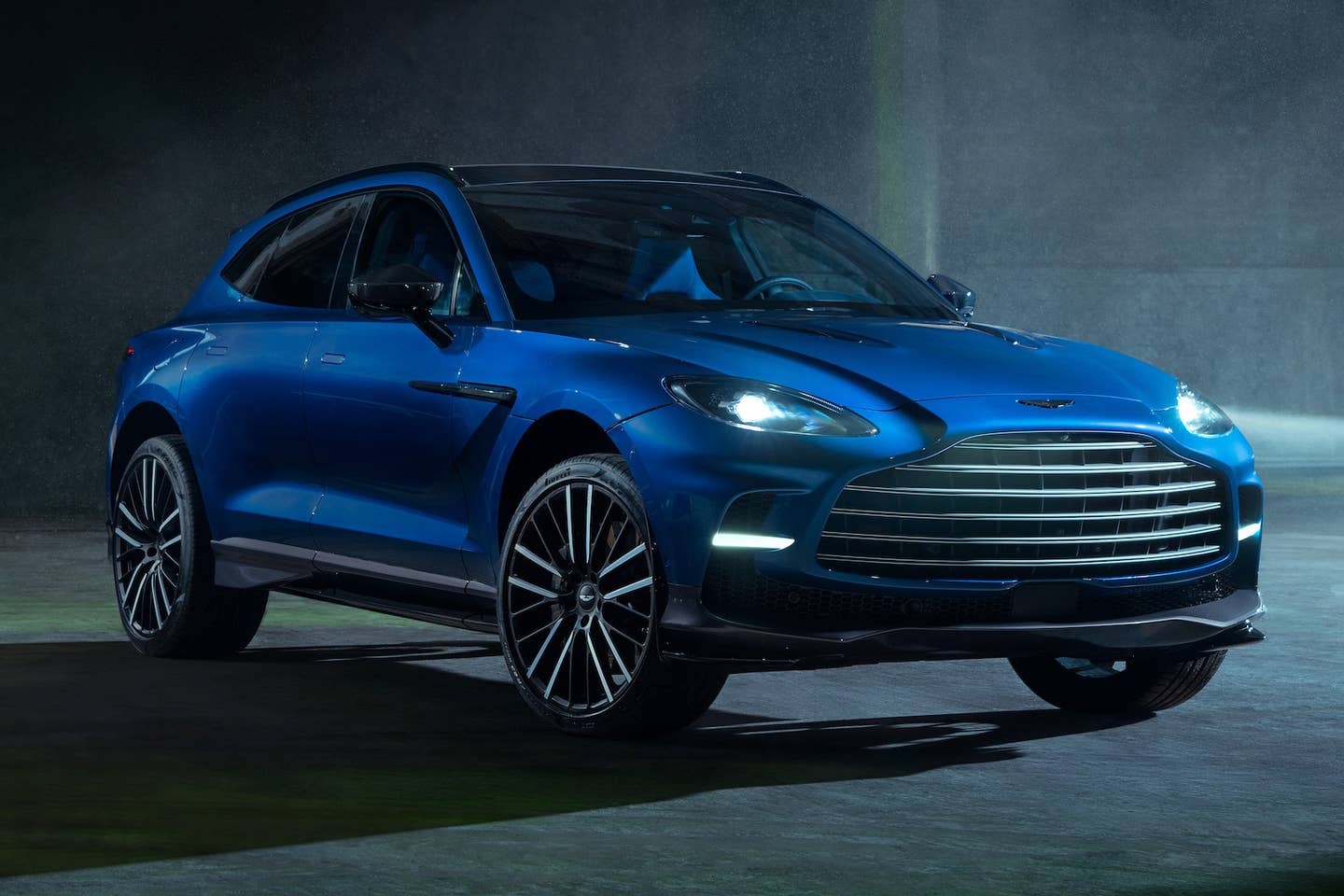Regretfully, there are substitutes for engine capacity; they are known as boost pressure and hybrid power. These elements are contributing factors to the 2023 Aston Martin DBX 707, powered by a 4.0-liter AMG V8 engine, being slightly quicker from 0 to 60 than the equally potent DBS with a 5.2-liter V12 engine. This shift in approach is also why the Valhalla supercar opted for a V8 engine instead of Aston Martin’s traditional V12. Despite this, Aston Martin is not in a rush to phase out V12 engines as long as they can continue production, which the company estimates will be feasible for approximately another five years.
“There is still untapped potential in the V12 engine, and the V12 Vantage illustrates that there is still a place for V12 engines in our current sports car lineup,” stated Tobias Moers, CEO of Aston Martin, regarding the future of V12 engines in an interview with Autocar. “The V12 Vantage sets the tone for the brand’s future direction. It’s the highest-performing sports car Aston has ever produced and offers a glimpse of our future endeavors in sports car manufacturing.”

2023 Aston Martin DBX 707, Aston Martin
Moers confirmed that Aston Martin will continue to utilize their twin-turbo V12 engine until 2026 or 2027, hinting that in its final years, the engine may be reserved exclusively for limited-production models.
“If there is still demand from a select clientele, it will be in small quantities,” added Moers. “We are not considering mass production.”
In the future, Aston Martin’s vehicles that utilize internal combustion engines will likely transition to AMG’s 4.0-liter V8 engine, Aston’s own inline-six engine, or possibly even smaller engines. The performance gaps will be bridged with hybrid technology, as Aston Martin confirmed that 50 percent of its vehicle lineup will be electric by 2030, with Green Car Reports reporting that only five percent will rely solely on combustion engines.
Moers believes that Aston Martin will not follow the same downsizing path as Mercedes-AMG, where future models like the C63 and E63 will swap twin-turbo V8s for enhanced hybridized four-cylinder engines. This strategy, according to Moers, would be too drastic for Aston Martin as a brand, stating, “While it may be an idea I proposed, it does not align with Aston’s brand image.”
Thus, Aston Martin’s V12 engines will remain in production for the foreseeable future alongside smaller combustion engines, albeit with increasing levels of electrification. For example, the DBX is already available as a hybrid in China, and Moers previously mentioned to Automotive News that the next-generation DB and the successor to the Vantage will be fully electric. As for the Valhalla and Valkyrie, Aston Martin’s flagship models, they may be the final combustion-powered vehicles in the brand’s lineup. This assumption is subject to change, however, particularly if Aston Martin has plans for new and advanced supercars in the future. Given the evolution of the automotive industry in recent years, the future remains unpredictable.
If you have any tips or questions for the author, you can contact them at: james@thedrive.com

